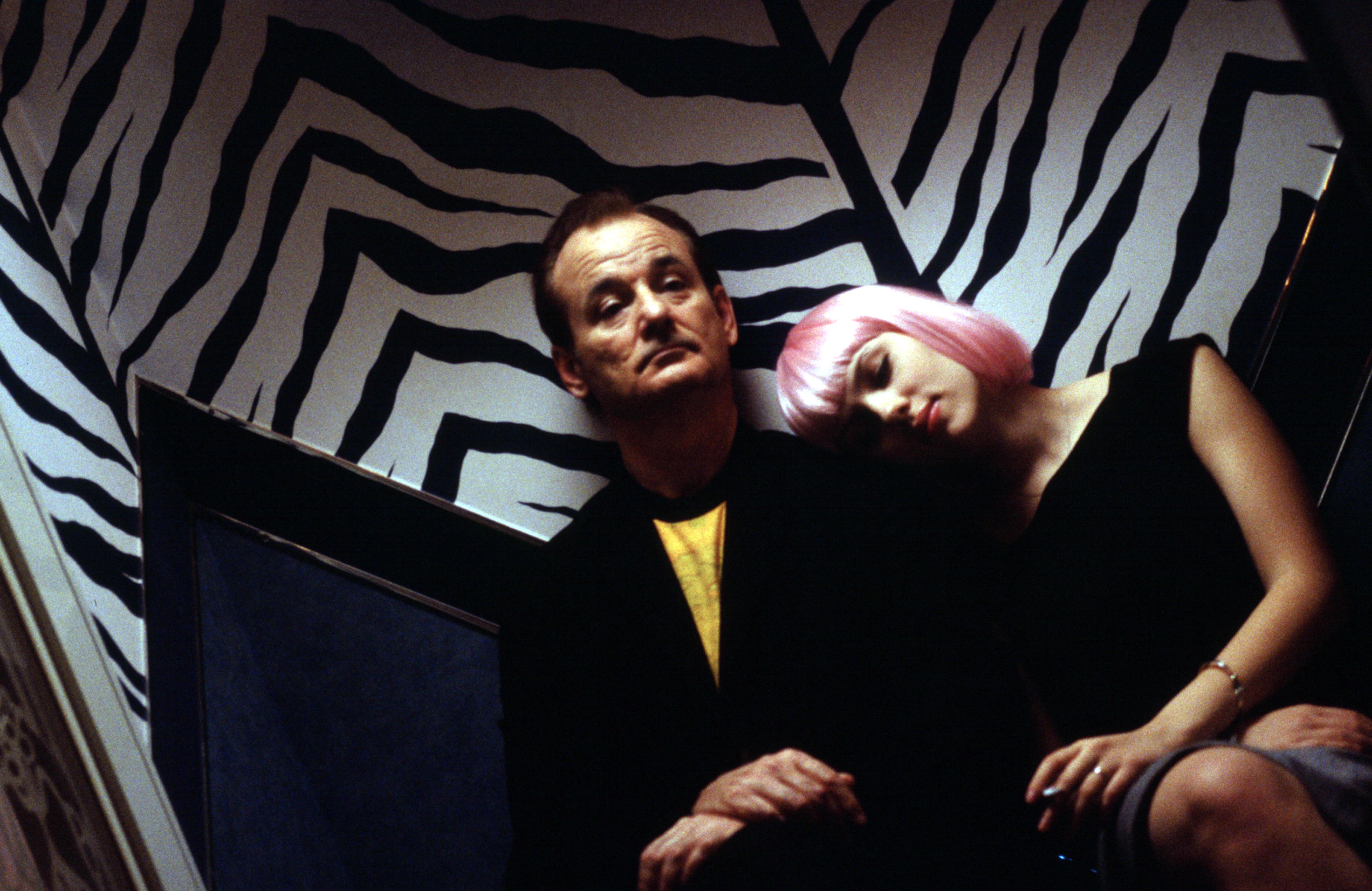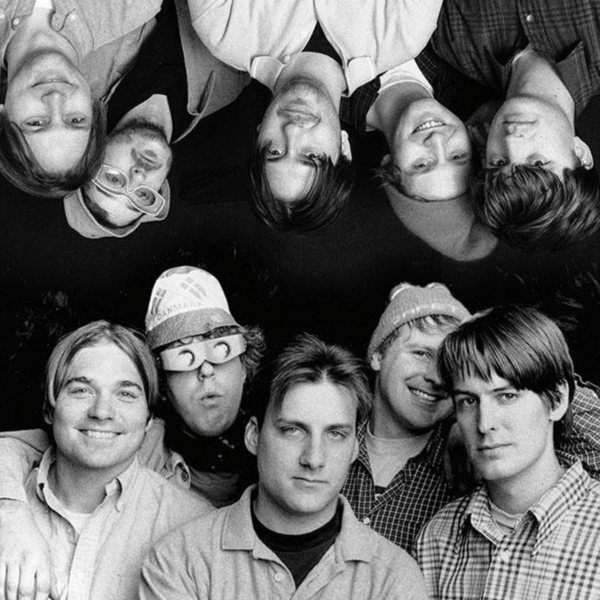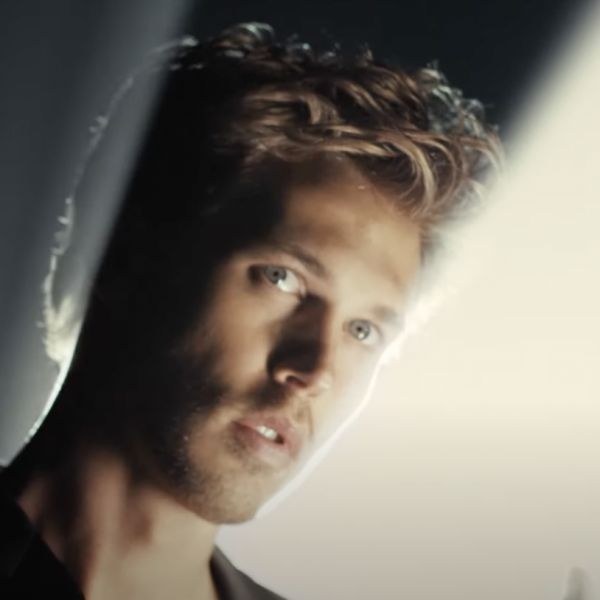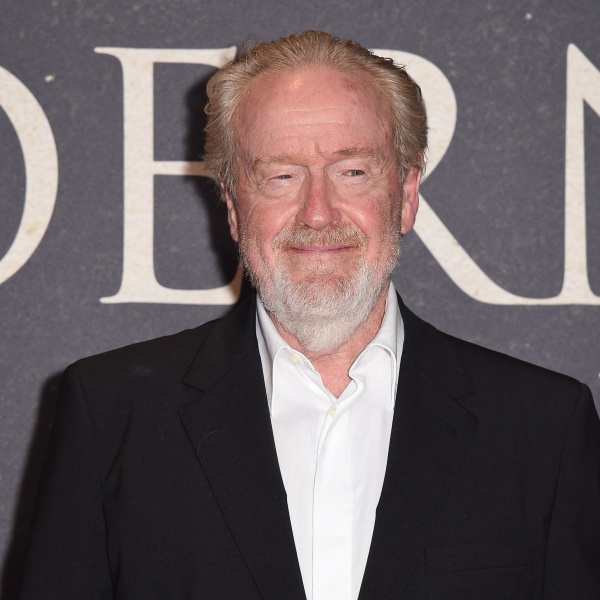Sofia Coppola‘s “Lost in Translation” is a film that greatly benefitted from being released before online discourse consumed pop culture. The arthouse classic, which offers a nuanced depiction of a fleeting connection between two lonely travelers (played by Bill Murray and Scarlett Johansson), could have easily been consumed by debates about the ethics of age gap relationships if it came out in the age of Twitter.
As many cinephiles use the film’s 20th anniversary as an excuse to revisit it, questions about the romantic connection at its core occasionally emerge. But as Coppola rolls out her latest film, “Priscilla,” she isn’t eager to relitigate the morality of “Lost in Translation.”
In a new interview with Rolling Stone, Coppola said that watching the film with her children provoked a different reaction than she expected. While the age difference between the 52-year-old Murray and the 17-year-old Johansson struck her kids as odd, the auteur said that it was not a topic she seriously considered while making the film.
“I showed it to my kids a few years ago when we were going to Tokyo and staying at the Park Hyatt, and that was the first time I’d watched it in a while, and they were like, ‘Why is she so young and he’s so much older?’” Coppola said. “I had made it when I was closer to Scarlett’s age and didn’t think that much about it. That was something that they noticed the most.”
While Coppola said that she isn’t particularly interested in negotiating the morality of a decades-old film, she did offer a brief defense of the relationship between Murray and Johansson’s characters.
“I don’t know. I’m not going to think about it. I was just doing my thing at the time it was made,” she said of the age gap. “I did notice that watching it with my kids, because they’re teenagers and they were like, ‘What’s going on with that?’ But Bill is so lovable and charming. Part of the story is about how you can have romantic connections that aren’t sexual or physical. You can have crushes on people where it isn’t that kind of thing. Part of the idea was that you can have connections where you can’t be together for various reasons because you’re at different points in life.”




